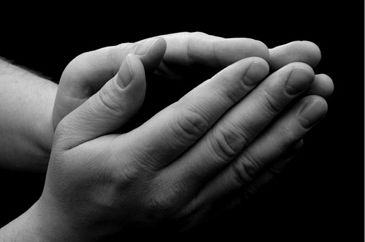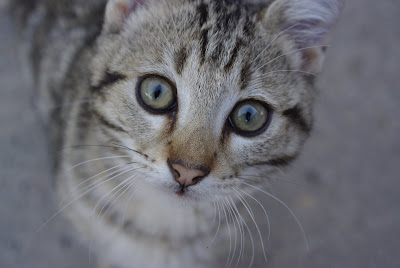
The concept of a “spiritual home” became personally meaningful to me last week while sitting and meditating in a church meeting a couple weeks ago. While pondering my current spiritual standing, some questions came to mind:
Where is my spiritual home?
What do I do there?
Is it inside me or outside of me?
This is especially significant because lately I have felt a longing to have a place I can call my spiritual home, since I left the religion of my birth and have since been defining and restructuring my beliefs for the last few years. Perhaps it would be helpful to examine my past spiritual home to see what did and did not work for me, and then to describe my ideal spiritual home, in order to gain a better idea of what to look for.
The spiritual home I was born into was the Church of Jesus Christ of Latter-Day Saints, also known as the Mormon Church. My family is descended from the original members of the church, and Joseph Smith, the founder, is my great-great-great-uncle. I grew up in Utah, the heart of Mormonism, and had what I think is the typical Mormon upbringing. I was blessed at birth, baptized and confirmed (given the Gift of the Holy Ghost) at age 8, ordained a deacon at 12, a teacher at 14, a priest at 16, and an elder at 18. I went through the temple and received the ordinances there, and went on a 2-year mission to Montreal, Canada, at 19.
Through all that time I was a 100%, true blue, orthodox Latter-Day Saint. I believed what I was taught by my parents, church leaders, prophets, apostles, and bishops, and from a very young age I sought to conform completely to all of the standards and commandments of the Church, which I believed to come from God through his ancient and modern prophets. I thoroughly internalized the doctrines and beliefs of the church, and sought to be “the perfect Mormon boy.” I pulled it off, at least from an outsider’s view. I was often praised for being such a good, obedient, upstanding young man in the church. That felt good for sure, but there was another side to it, a darker side that tainted my blissful Saintly existence.
What I call my “first gay memory” occurred when I was about three or four years old. From that time I have many memories of feeling different, of being attracted or interested in the boys and men around me, and the development of my sexual orientation was a parallel process that I saw as directly at odds with my spiritual development in the Church. The LDS Church is not gay-affirming, as its recent political moves have so clearly shown. However, there has been much improvement. I remember reading the book Mormon Doctrine by Bruce R. McKonkie, in which he describes homosexuality as a sin next to murder. There were other church materials I read that were equally homophobic and misinformed, which only caused me to heap on the denial and repression of my sexual feelings even more. While I appeared to be the “perfect Mormon boy” on the outside, on the inside I felt like a disgusting, evil sinner who could only hope that my good works would somehow balance things out such that I would be worthy for one of the lower heavens (there are multiple levels of heaven in Mormon theology).
I suppose the culmination of my Mormon experience was attending Brigham Young University when I returned from my mission. BYU is the gem of the Church, and the policies of the institution serve to make it the epitome of what Latter-Day Saints represent, good and bad. It was during my first semester there that my wall of denial and repression was broken down, and I began the long hard road of self-acceptance and understanding. My coming out process was gradual, as I first attended the reparative-oriented Evergreen support groups, and it eventually led to me finally accepting my sexuality as part of who I am, and pursuing relationships with men.
In terms of my original spiritual home, you could say that I chose to leave it, that I willingly disobeyed the house rules and thus put myself at odds with its mission and purpose. While that may be true in some ways, I believe I did my best for a long time to fit in, to conform and obey, and ultimately it did not work. For me at least. I think that the LDS Church is a valid, helpful, and even beautiful spiritual home for many people, and if they are happy there I would never wish for them to leave. At the same time, I believe that it is better to leave if you find it oppressive, and to search among the other existing spiritual homes, or even strike out on your own and build your own (whether it be a shack or a mansion). That is the point I am at, and in "part 2" I will attempt to describe my ideal spiritual home and posit some ways I might be able to find it.












